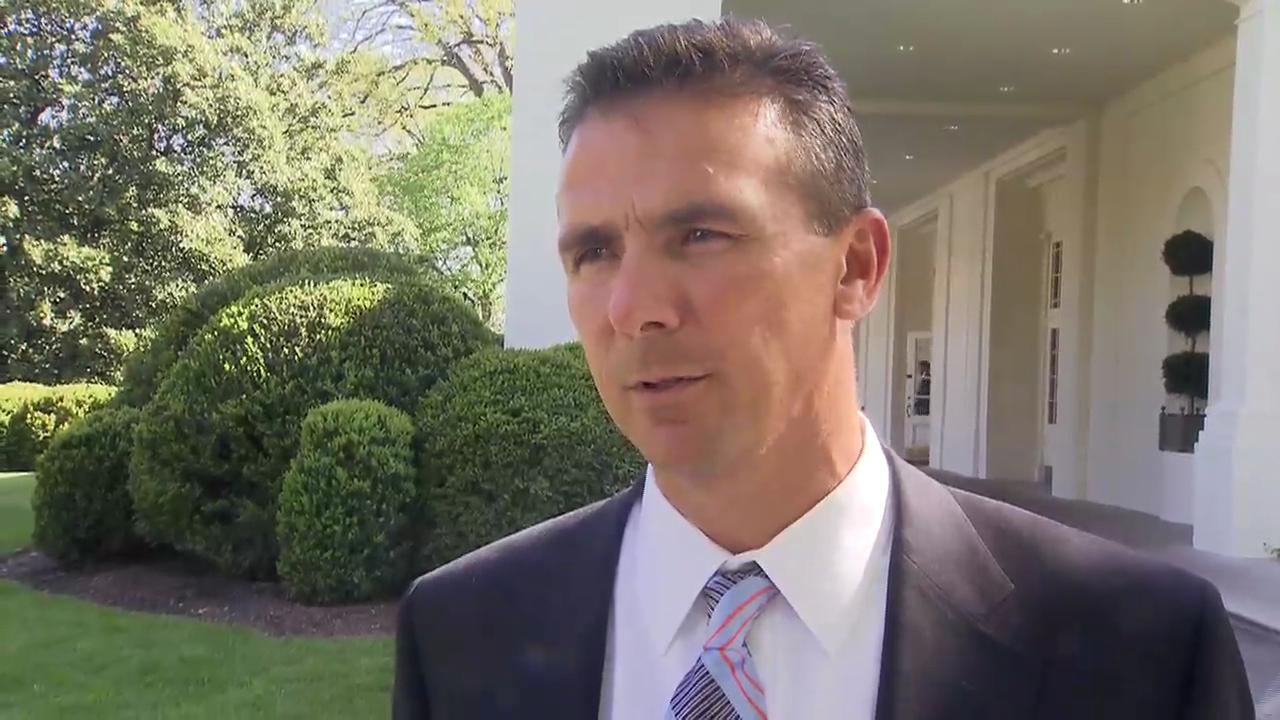After the events in Boston last week and several calls from friends in the Boston area, I’m reminded again of how fragile our lives are. When you spend time around first responders, you learn how quickly things can change our lives. Over the years, I’ve had many friends in the military and in first responder units and still spend time working out with many of these fine men and women. After the events of last week, one reminded me of what he learned in the Navy SEALs, “the only easy day was yesterday.” It seemed to me that might be an interesting topic to share for this week’s blog. How can you apply what our finest in the military and first responders already know to your life and your business? But first, let me thank all of the people who help keep us safe. Thank you for all you do and all you’ve taught me over my lifetime about being serving leaders.
Here are four strategies I’ve learned from first responders that you can use in your life and business today. The first strategy the military and first responders embrace is they are constantly training. These men and women work day in and day out to improve their performances. They constantly train at high levels and are always getting immediate feedback on their performances. They practice constantly so that in an emergency they can instantly react. In many corporations, training is not a way of life. When I taught at Fort McNair, I shared that too many small and midmarket businesses spend little time on training their people. Because of this, they allow the business environment to control their destinies. They see training as a waste of time and their results show it. If you want great predictable results, consider adding regular training to your team’s schedule. When I add training to my clients’ businesses we achieve record sales months in less than 60 days, month in and month out.
The second strategy we can learn from first responders is how to assess risk. When you work with the layers of management within a first responder unit you begin seeing how complex their decision making skills are. They don’t only talk about how to make good decisions, they are always making them. They have learned to focus on critical elements within their decision making matrix. The other interesting thing is how quickly the can assemble their teams to get all the important information that impacts risk assessment on the scene of the accident. Key people on their team are responsible for collecting information in real time. I received my first pop quiz when travelling on an ambulance during a disaster drill with the fire department, when the Captain asked me to debrief the accident victim. It was quite an interesting experience. I got graded right in the field. This helped me to adjust my questions to the given situation in real time. All the team members shared information while entering the scene and this allowed for increased flexibility in reacting to the disaster. In business, it allows you to make better decisions because you have learned what information matters and what doesn’t when making a decision. The best time to learn decision making is when the decisions are smaller.
The third strategy you learn is how to put your solutions in order so they have the maximum impact on the situation with which you are dealing. The most important decision a leader can make is where she puts her critical resources first. When dealing within multiple injuries, this can make a significant difference on who survives and who doesn’t. By organizing your critical decisions early you have the most time to adapt a winning strategy throughout the crisis.
The final strategy is being willing to change quickly when it’s required. There is ego when teams are performing at high levels. For example, it was tough on the police to spend all day looking for a subject and having to announce there were no results for the day. The police received a tip that ultimately led to the capture of the alleged co-conspirator. This was no time to point fingers. They responded quickly and they were able to capture the second person. How many times in our businesses do we stick to a bad decision? We are given a chance to change our minds and we let our egos get stuck going the wrong direction. We have too much invested in our bad decision to let go of it. As our businesses continue to grow, we must learn to let go more quickly. For to many years we have thought our leaders infallible in their decisions. We must commit to increasing our own flexibility as well as with the teams we lead.
The events of the last week will change the way we live and lead. It is critical for serving leaders to remember “The only easy day was yesterday” and the only day we can change is today.



Be the first to comment on "What Can Entrepreneurs Learn from Boston’s Everyday Heroes?"